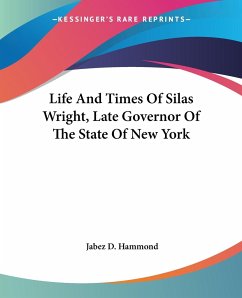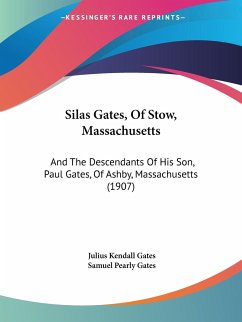Silas Marner is George Eliot's tale of one man's journey from bitterness to contentment, thanks to a surprise visit from an orphan girl. Silas Marner lives alone outside the village of Raveloe. An outcast from a religious community, he shuns company and devotes himself to his work. When his precious hoard of gold is stolen, Silas sinks further into misery. But then the unexpected happens - a little girl wanders into his house in the middle of a cold night. When her mother is found dead outside, Silas adopts the girl, naming her Eppie after his beloved sister. Through Eppie, Silas finds a new lease on life, and the chance to be part of a community again. Warm-hearted and humorous, Silas Marner has been a favorite of generations of readers.
Hinweis: Dieser Artikel kann nur an eine deutsche Lieferadresse ausgeliefert werden.
Hinweis: Dieser Artikel kann nur an eine deutsche Lieferadresse ausgeliefert werden.








